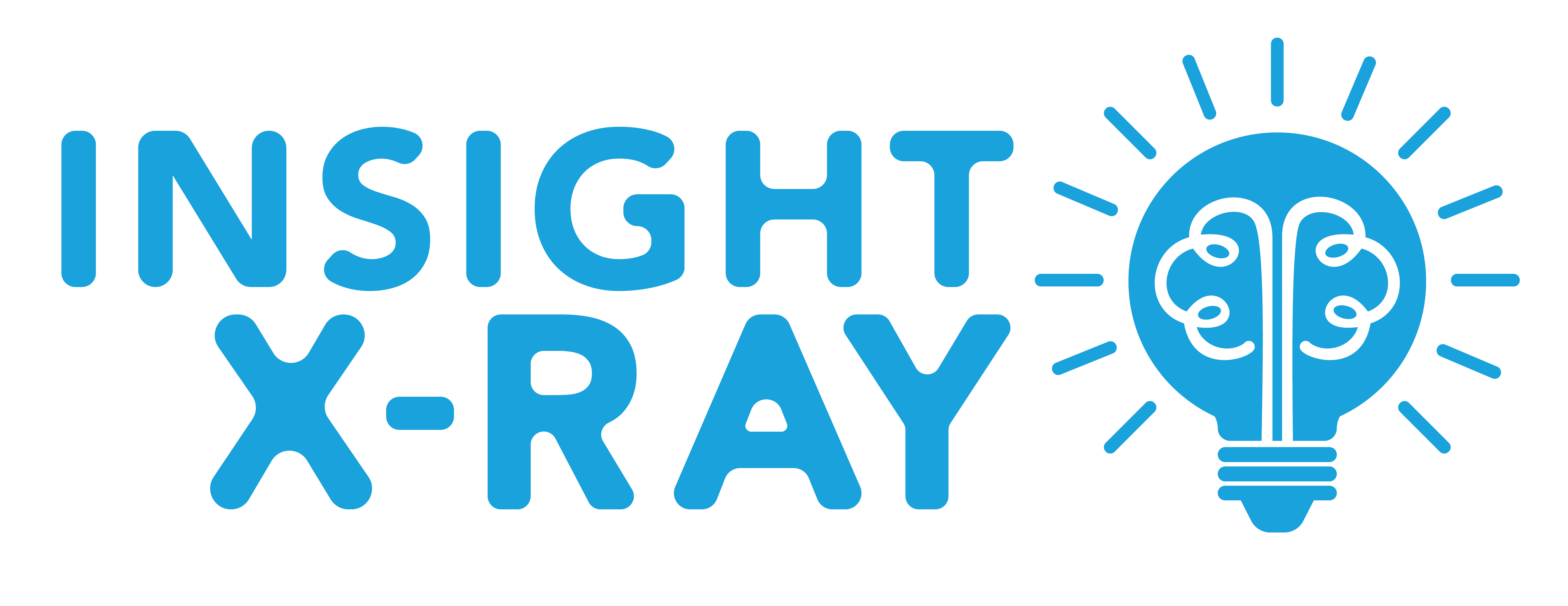Cognitive and Metacognitivecomponent: Critical thinking
Questionnaire Summary
0 of 6 Questions completed
Questions:
Information
You have already completed the questionnaire before. Hence you can not start it again.
Questionnaire is loading…
You must sign in or sign up to start the questionnaire.
You must first complete the following:
Results
Results
0 of 6 Questions answered correctly
Your time:
Time has elapsed
You have reached 0 of 0 point(s), (0)
Earned Point(s): 0 of 0, (0)
0 Essay(s) Pending (Possible Point(s): 0)
Categories
- Not categorized 0%
-
Weak Performance
What It Means for You:
You struggle with critical thinking skills, affecting your ability to learn and understand complex subjects. It’s normal to face challenges, but there are steps you can take to improve.
What You Should Do Next:
•Identify the Challenges: What areas of critical thinking are you struggling with? Is it analyzing information, considering different views, or something else?
•Seek Educational Support: Teachers, tutors, or educational counselors can provide personalized assistance to develop these skills.
•Practice Problem-Solving Techniques: Regularly engaging in activities that require critical thinking can help you improve.
•Work on Building Confidence: Consider joining study groups or discussion forums to practice thinking critically with others.
•Build a Supportive Learning Environment : Encourage friends and family to challenge your thinking and engage in thoughtful discussions. Critical thinking is a skill that can be developed and refined. Critical thinking is about learning how to think and approach problems. The insights and strategies provided here are designed to support your educational journey. You can enhance your critical thinking skills with effort and support.
-
Intermediate Performance
What It Means for You:
You have some skills in critical thinking, but there’s room for improvement. You’re on the
right track and can enhance your abilities with focused effort.What You Should Do Next:
• Identify Your Weaknesses : What specific areas of critical thinking could use more
work? Understanding these areas will guide your improvement.• Practice Regularly : Engaging in activities that require critical thinking, such as puzzles or
debates, can sharpen your skills.• Enhance Problem-Solving Techniques: Strategies like breaking down complex problems
into smaller parts can help you approach challenges more effectively.
• Find Peer Support : Collaborative learning or group discussions can offer different
perspectives and improve your thinking.
• Set Achievable Goals : Focus on gradual improvements, taking on more complex problems as your skills develop.Developing critical thinking skills is an ongoing process, often marked by
growth and challenges. Understanding one’s current abilities is the first step toward mastery. By
employing the strategies outlined in this assessment, individuals can systematically enhance
and refine their capacity for critical thinking. Thisleads to improved academic performance
and equips learners with the tools to make informed and thoughtful decisions in diverse areas of life.Pursuing critical thinking is a valuable investment, yielding benefits that extend
beyond the classroom and into everyday decision-making. -
What It Means for You:
You are doing great! Your ability to analyze information and think deeply about various
subjects
serves you well in your learning and education.What You Should Do Next:
•Keep Up the Good Work : Continue practicing and applying critical thinking in your
studies and everyday life.• Consider Helping Others : Share your critical thinking strategies with peers who may need
guidance.• Seek Further Challenges : Look for more complex problems or debates that can further
sharpen your critical thinking skills.
• Reflect on Your Success : Assess what aspects of critical thinking you excel in, and consider
areas where you might still grow.
• Maintain Balance : Keep balancing your focus on critical thinking with other important
areas of life, such as hobbies, socializing, and relaxation. Your strong performance in critical thinking is a significant achievement that will benefit you not only in academics but also in making thoughtful decisions and understanding complex problems. Keep nurturing this valuable skill, and don’t hesitate to explore new challenges that will continue to build your intellectual capabilities.
- 1
- 2
- 3
- 4
- 5
- 6
- Current
- Review
- Answered
- Correct
- Incorrect
-
Question 1 of 6
1. Question
During class discussions, I actively debate and offer well-reasoned arguments supported by evidence.
-
Question 2 of 6
2. Question
When faced with a problem, I explore potential solutions and evaluate their strengths and weaknesses before deciding on the best approach.
-
Question 3 of 6
3. Question
I often question the assumptions and underlying reasoning behind the information in course materials and discussions.
-
Question 4 of 6
4. Question
In my assignments or projects, I strive to present balanced and thoughtful evaluations of the topics, incorporating evidence to support my claims.
-
Question 5 of 6
5. Question
When analyzing complex issues, I seek multiple perspectives and evidence before forming my opinions or conclusions.
-
Question 6 of 6
6. Question
I enjoy exploring connections between different subjects or disciplines to better understand the broader implications of the course content.
